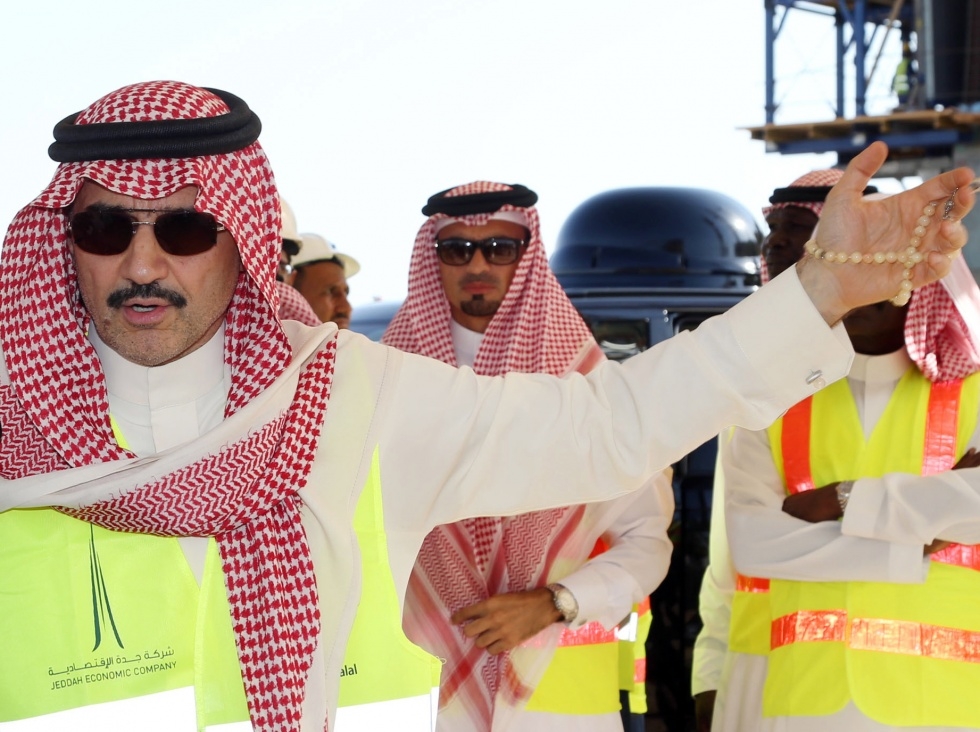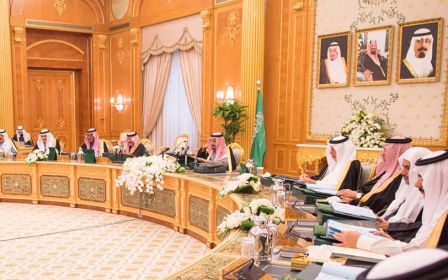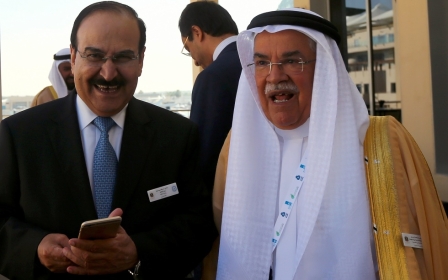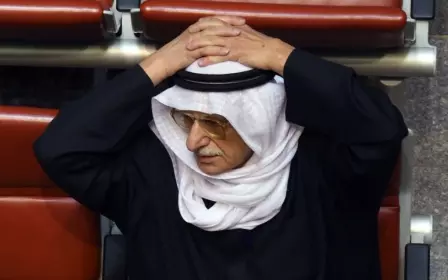Saudi Arabia can handle low oil prices for few years: Experts

Saudi Arabia has built up enough hard currency reserves to allow it to maintain social spending even with a few years of low oil prices, says Jim Krane, an energy analyst from US Rice University’s Baker Institute.
According to Saudi Arabia’s 2015 budget, spending is projected at approximately $230 billion, $4 billion more than in 2014’s budget plan - the smallest increase in the last 10 years.
"The Saudi strategy is a medium term one. Saudi Arabia has been planning for this sort of scenario and they have the cash to stay comfortable for longer than some other big producer countries," Krane says.
If the oil price bust continues for much longer than a few years, the Saudis will have to move to trim spending, he adds.
"If things get as bad as they did in the long oil bust of the 1980s-90s, they may even go into debt. Social spending in Saudi Arabia is key to regime control, so the government will do all it can to maintain spending," he adds.
Saudi Arabia’s revenues were $226 billion in 2014’s budget plan and are projected to decrease to $190 billion in 2015.
"Saudi Arabia did not reveal the break-even (point) of oil price to balance the budget. However it seems the government is assuming oil price to be at $55 a barrel and the country’s oil production at 9.5 million barrels per day. It is clear that the oil price is too conservative," says Naser al-Tamimi, a UK-based Middle East analyst.
According to al-Tamimi, the budget deficit will depend on the price of oil, a drop from $55 a barrel means an increase in the fiscal deficit and any increase above $55 will reduce the deficit.
"All in all, Saudi Arabia has a significant financial buffers that allow it to finance its spending," al-Tamimi says.
The price of Brent crude oil has continued its decline on Dec. 31, reaching as low as $55.57 per barrel - its lowest level since May 2009.
Riyadh says it cannot cut production and lose market share while supplies from other producers in the world are increasing.
Alwaleed assails Saudi fiscal policy over deficit
Meanwhile, Billionaire Prince Alwaleed bin Talal has lashed out at the Saudi fiscal policy.
"We have reached the danger point... after starting to withdraw from the reserves," to meet the budget shortfall, Alwaleed said in a letter addressed to the finance minister.
Alwaleed, a member of the Saudi ruling family and the wealthiest Arab private investor, said Riyadh should not have let spending rise above projections, especially after oil prices began to decline.
Oil income contributes about 90 percent of public revenues in the OPEC kingpin.
If the government had contained last year's spending within projections, a surplus of at least $50 billion would have been posted, the prince said.
As a result of failing to check rising spending, a total of $53 billion will be withdrawn from fiscal reserves, estimated at $750 billion, in just two years, he said.
Alwaleed also criticised the way Saudi reserves are invested, saying because most of them are invested in US and European bonds, they have low yields at around 2.4 percent annually.
The reserves are currently managed by the Saudi Arabian Monetary Agency, or the central bank.
Alwaleed called for the creation of an independent sovereign wealth fund to invest the reserves and increase the returns to around 7-8 percent.
New MEE newsletter: Jerusalem Dispatch
Sign up to get the latest insights and analysis on Israel-Palestine, alongside Turkey Unpacked and other MEE newsletters
Middle East Eye delivers independent and unrivalled coverage and analysis of the Middle East, North Africa and beyond. To learn more about republishing this content and the associated fees, please fill out this form. More about MEE can be found here.




